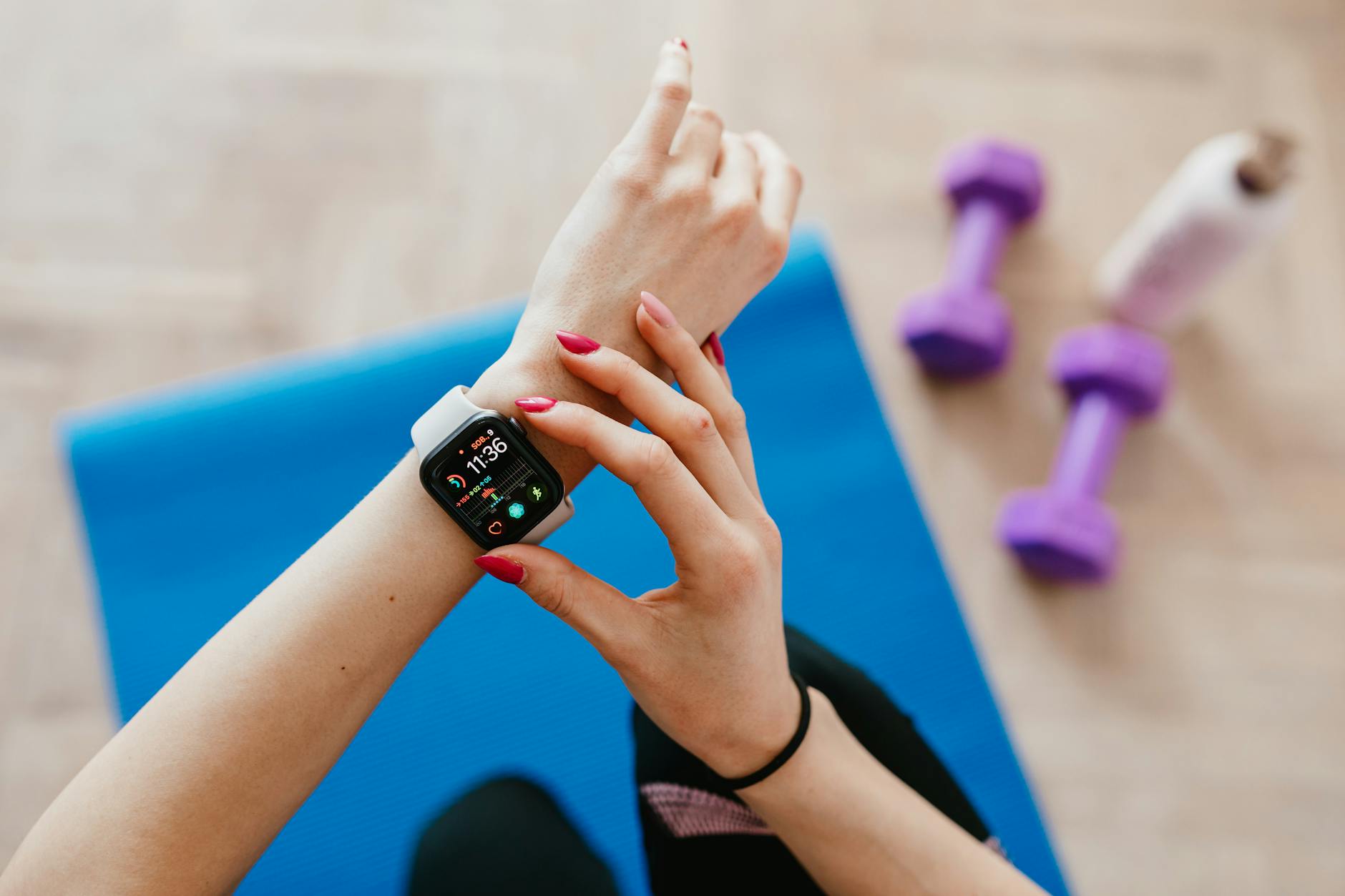The Future of Wearable Technology in Healthcare

The Growing Impact of Wearable Tech in Healthcare
Technology has completely transformed the way we approach healthcare, with wearable devices playing a significant role in this evolution. From smartwatches that monitor heart rate and activity levels to fitness trackers that analyze sleep patterns, these devices are empowering individuals to take charge of their health like never before.
Revolutionizing Patient Care
One of the key benefits of wearable technology in healthcare is its ability to provide real-time data to both patients and healthcare professionals. This data can be used to track progress, monitor chronic conditions, and even predict potential health issues before they arise. In essence, wearable devices are revolutionizing the way patient care is delivered.
Enhancing Remote Monitoring
Remote patient monitoring has become increasingly important, especially in light of the COVID-19 pandemic. Wearable devices make it possible for healthcare providers to remotely monitor patients' vital signs, medication adherence, and overall health status. This not only improves patient outcomes but also reduces the need for frequent in-person visits.
Challenges and Opportunities
- Privacy and data security concerns
- Integration with existing healthcare systems
- Ensuring accurate and reliable data
While wearable technology holds tremendous promise in healthcare, there are also challenges that need to be addressed. Privacy and data security concerns, integration with existing healthcare systems, and ensuring the accuracy and reliability of the data collected are all crucial considerations moving forward. However, by overcoming these challenges, healthcare providers can leverage wearable technology to improve patient outcomes and enhance the overall quality of care.





